Scientists are hopeful that a new, more sensitive test for detecting ovarian cancer might provide better options, especially for patients with BRCA genes.
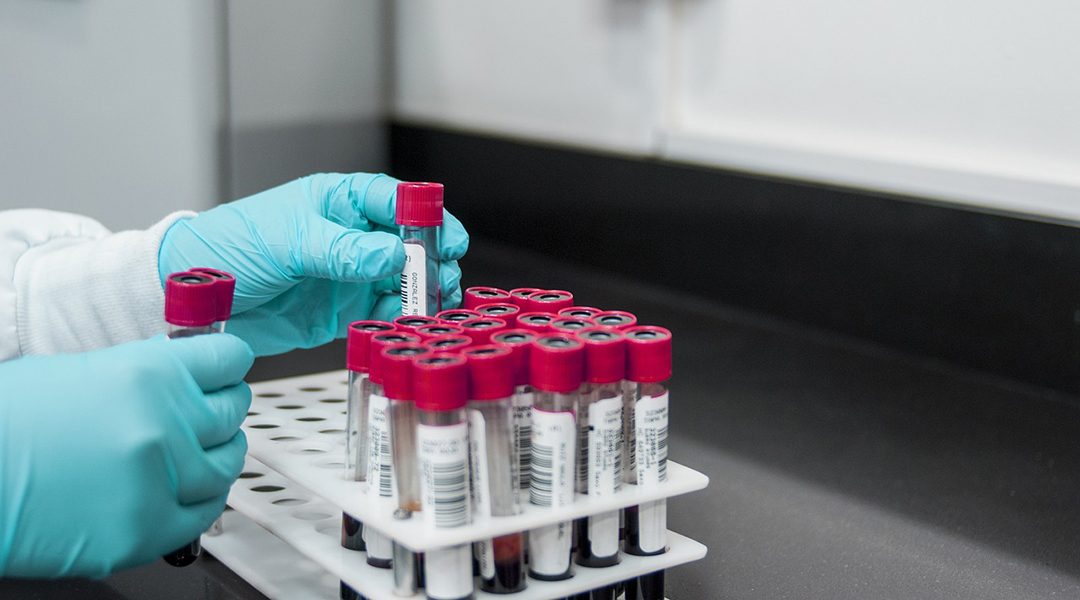

Scientists are hopeful that a new, more sensitive test for detecting ovarian cancer might provide better options, especially for patients with BRCA genes.

Microsystems engineer Can Dincer builds disposable devices to enable personalized medicine.
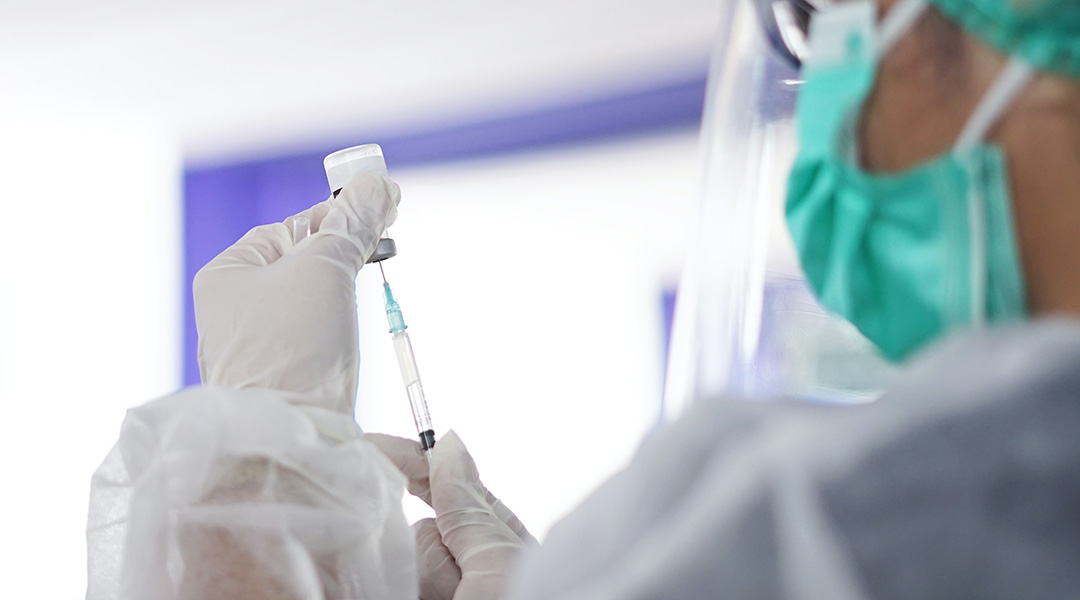
A hydrogel delivery system boosts single-dose efficacy and provides a potential tool to fight future pandemics and vaccine inequity.
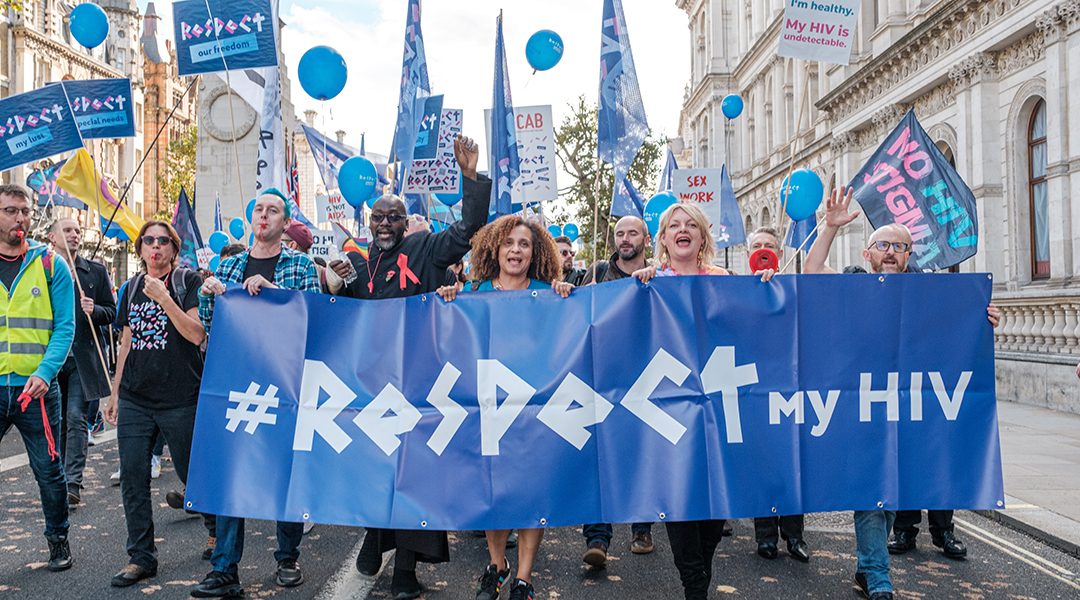
A rare group of patients have been found to maintain a very low viral load and a functional immune system after stopping antiviral treatment.
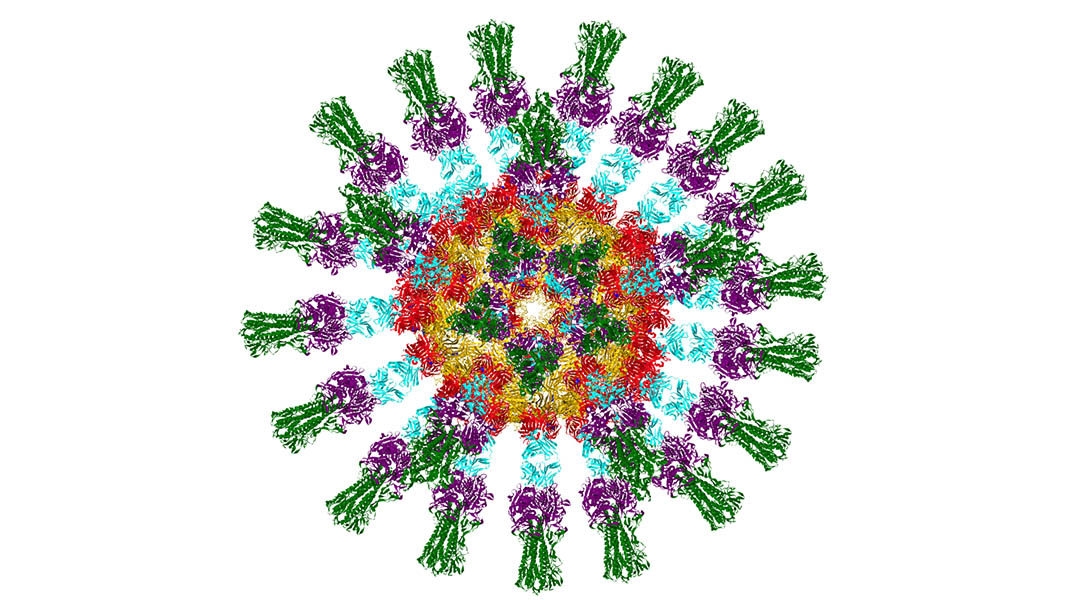
To create a flu vaccine that doesn’t require annual tweaking, researchers develop a nanovaccine that uses an inverted hemagglutinin protein.
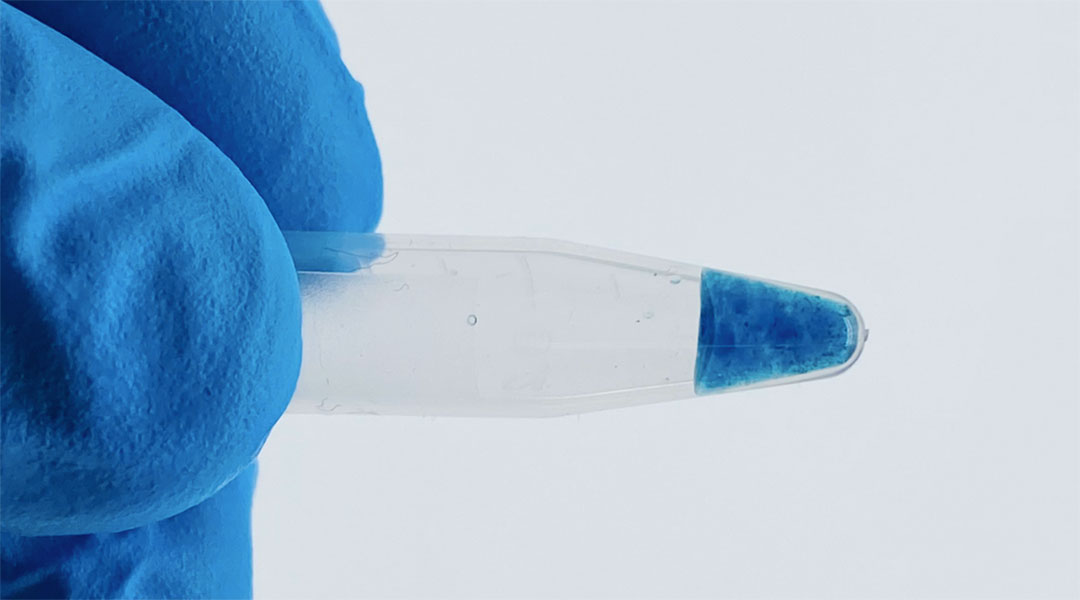
A new hydrogel platform helps monitor chemotherapies in the body in real-time, allowing their side effects and potency to be better understood.
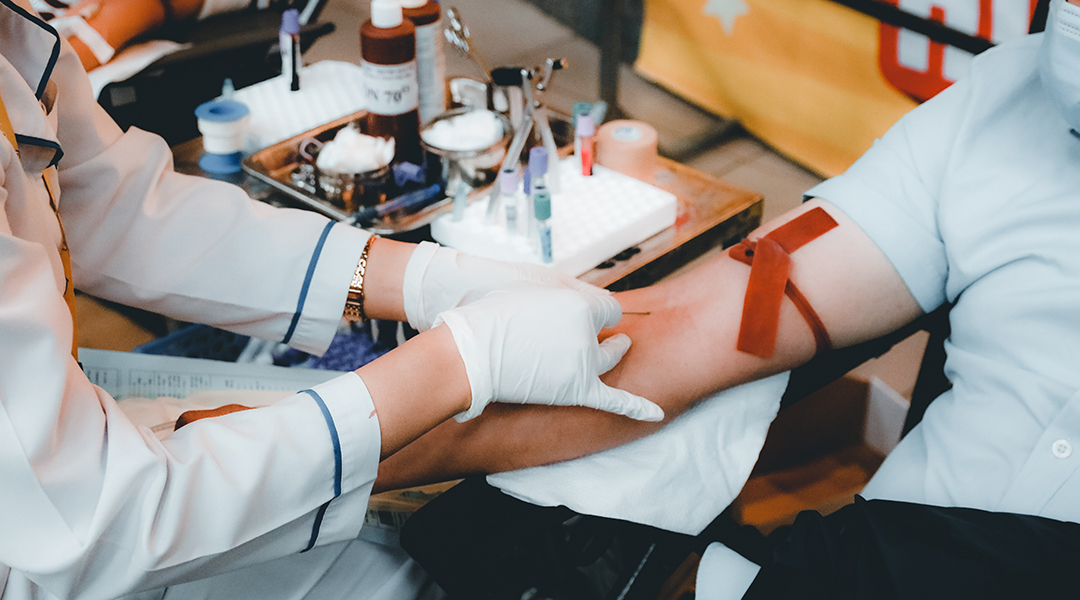
Red blood cells grown in a laboratory have now been transfused into another person in a world first clinical trial.
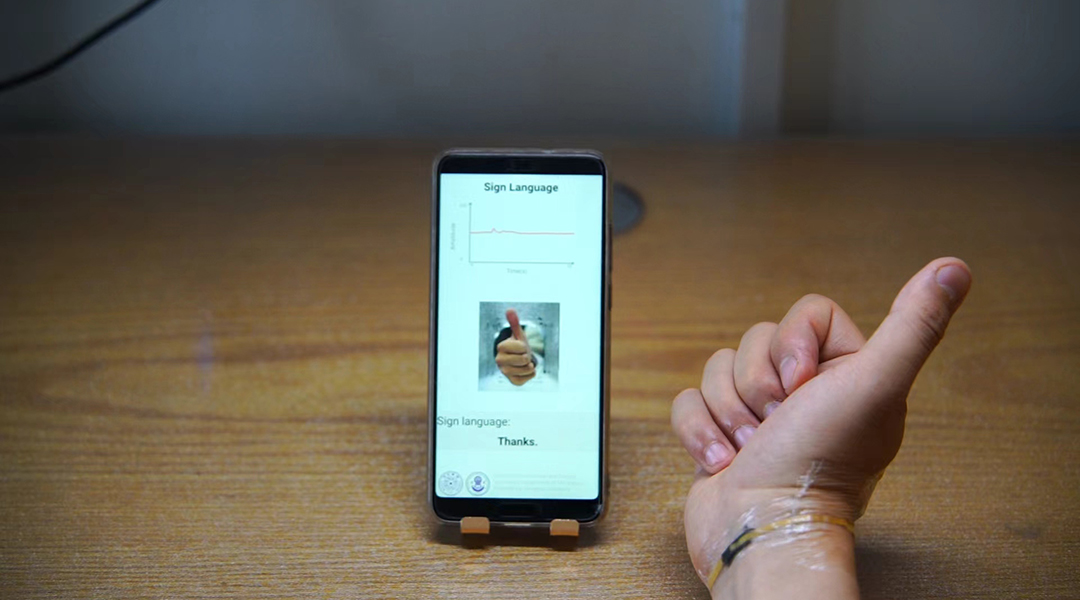
With the help of machine learning, a skin-like sensor internalizes different stimuli, allowing it to read and interpret hand movement.
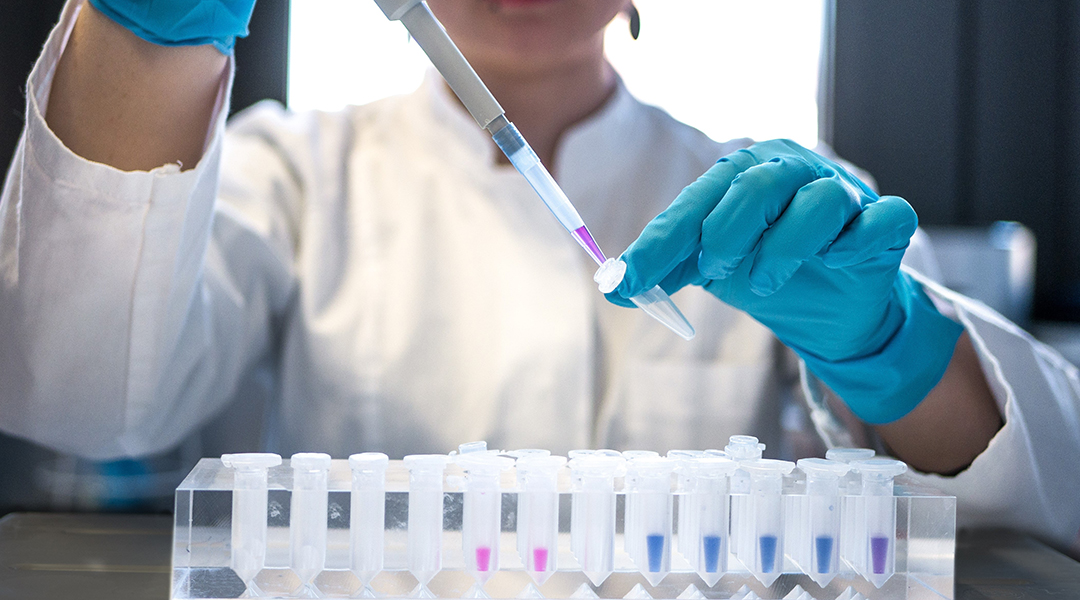
Clumping proteins act as vaccine adjuvants, activating immune signalling pathways triggered by cell stress.
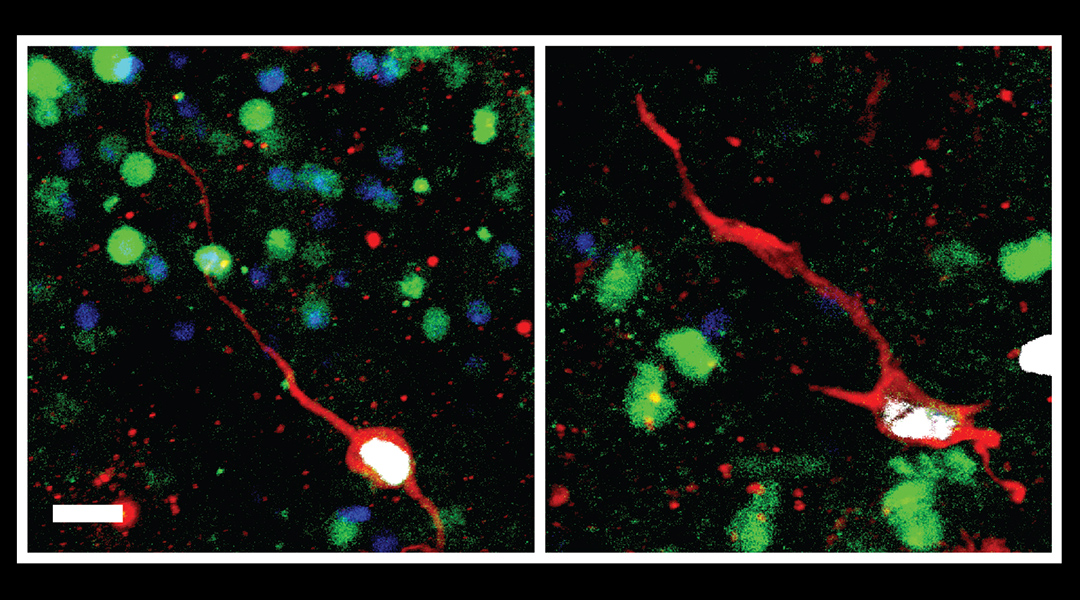
An RNA sequencing technique provides evidence for adult neurogenesis, the production of new neurons in the brain.